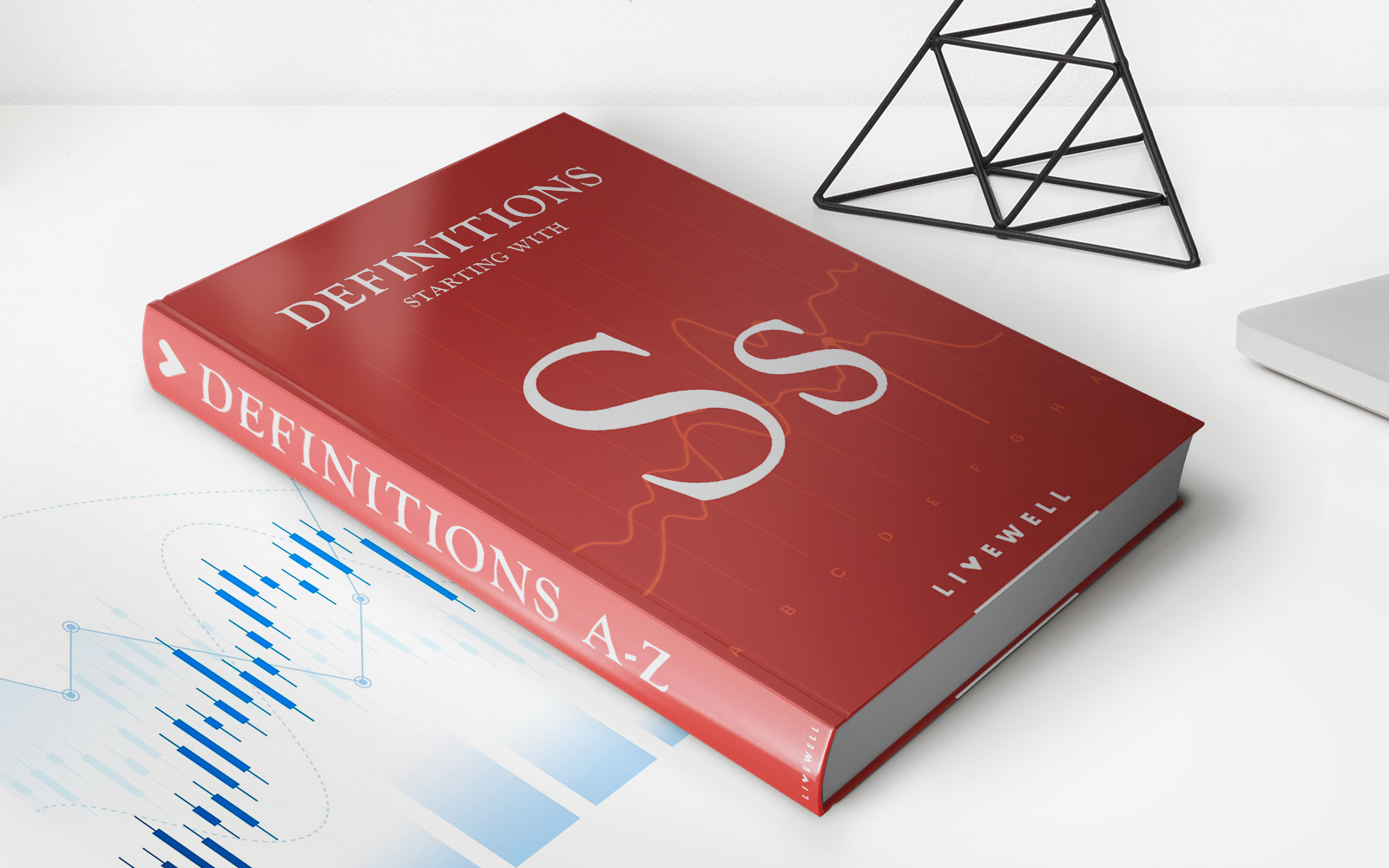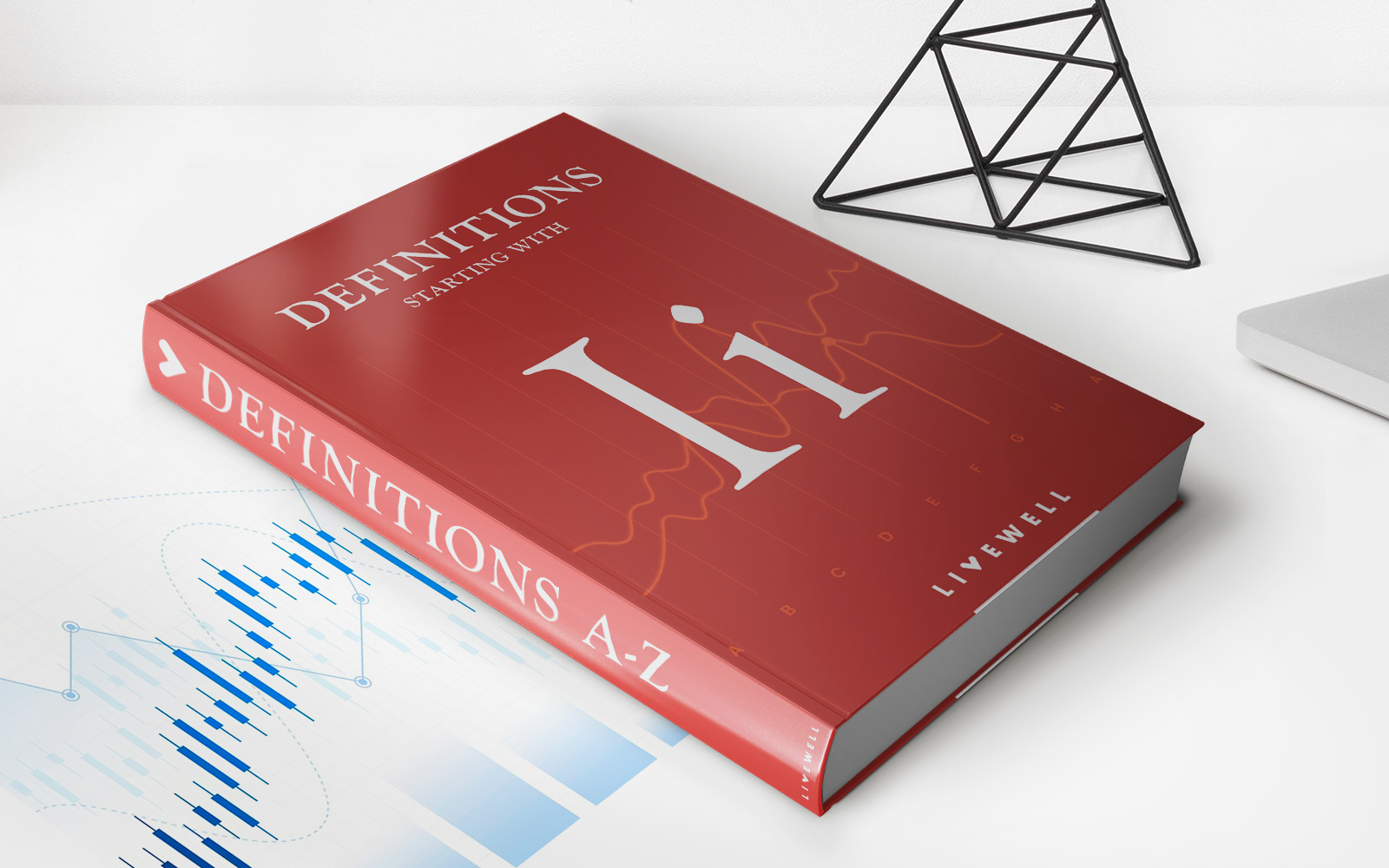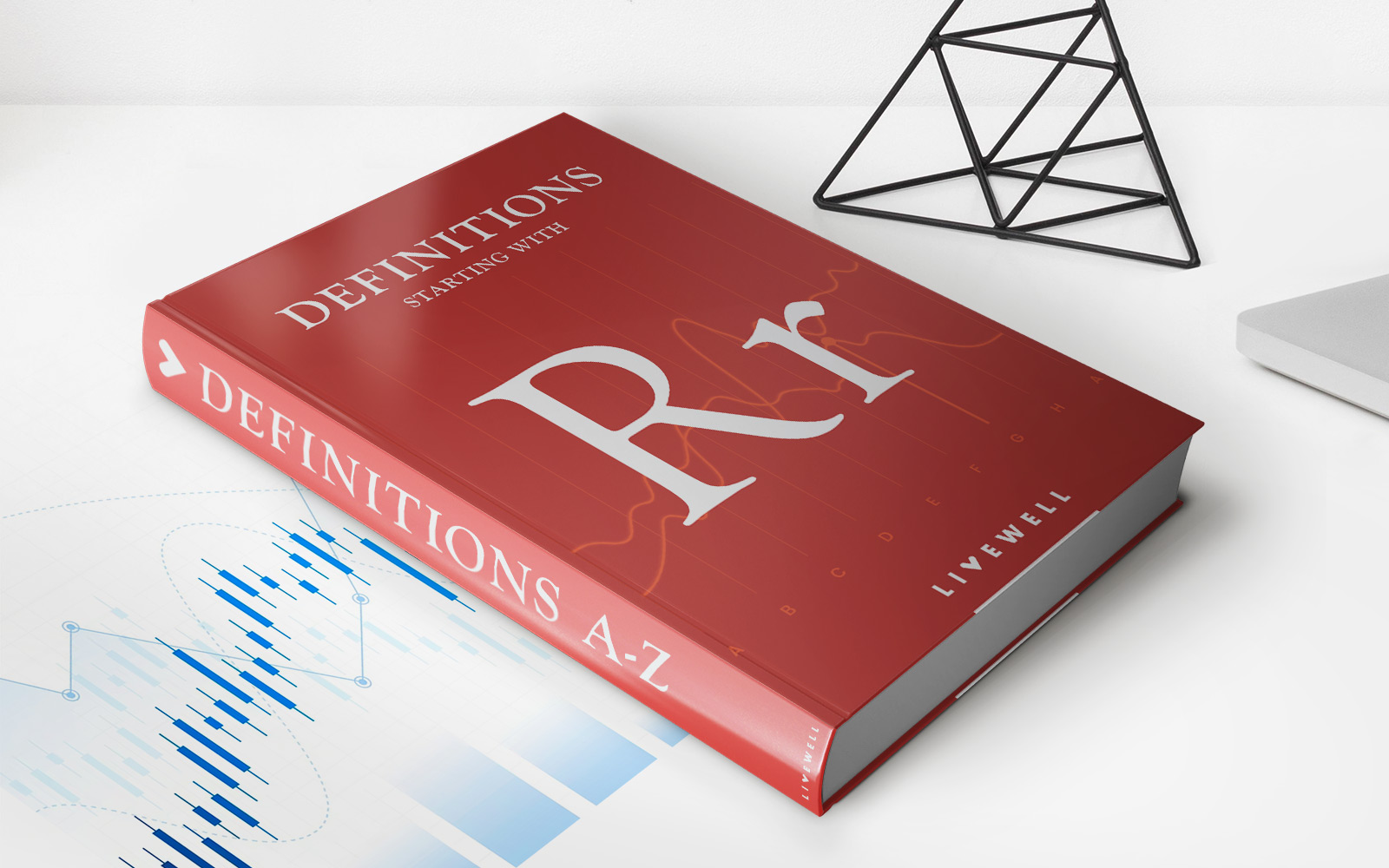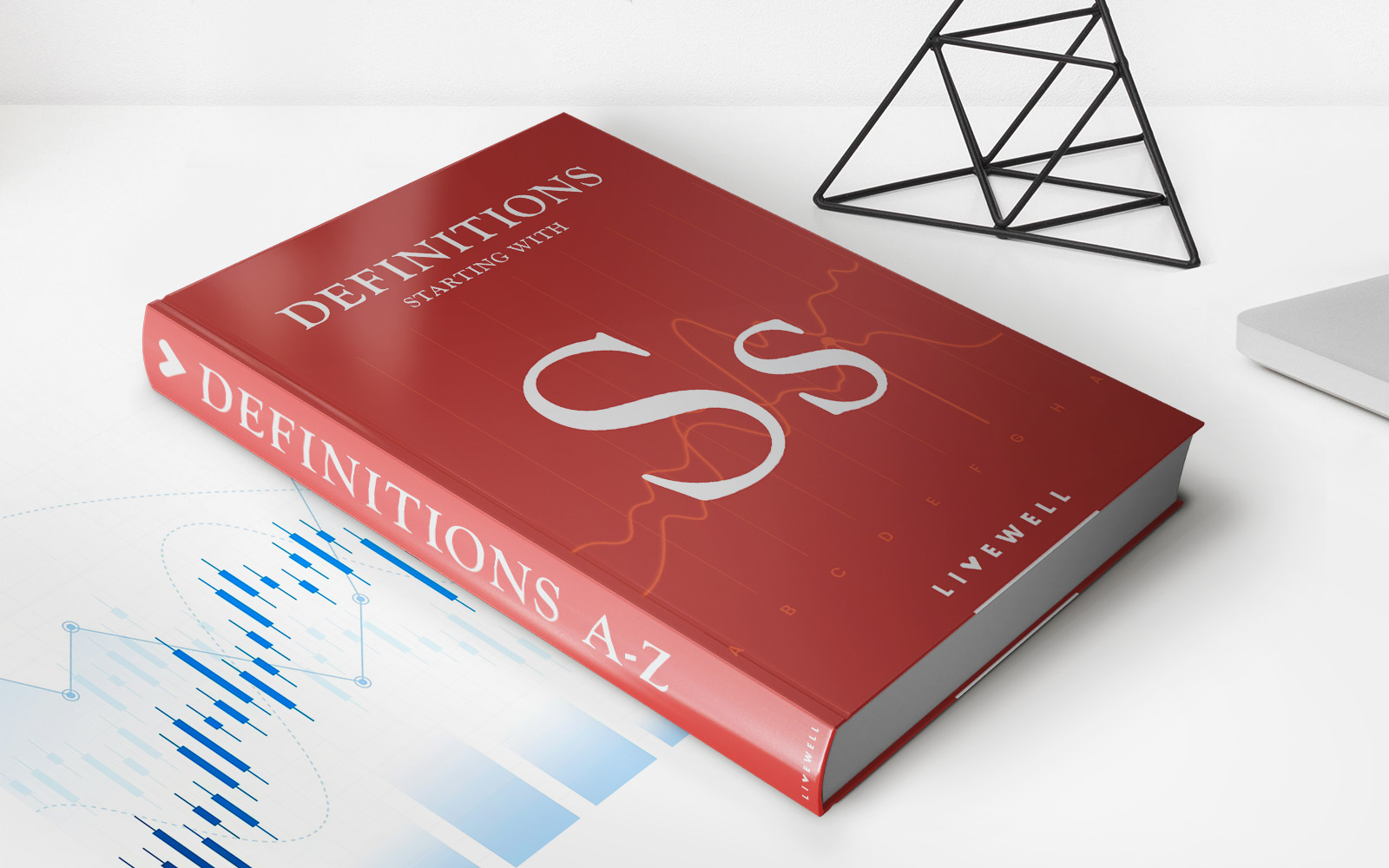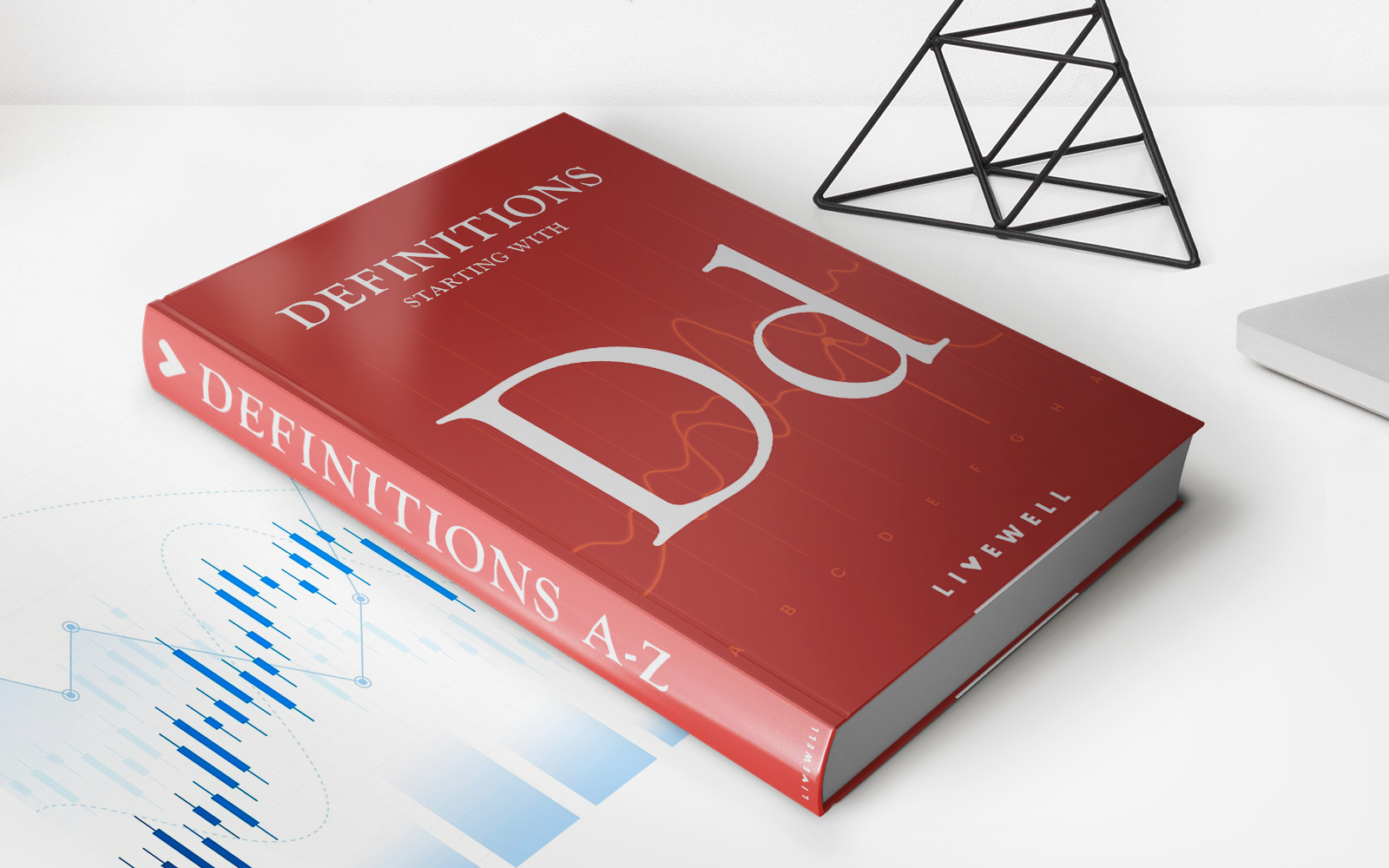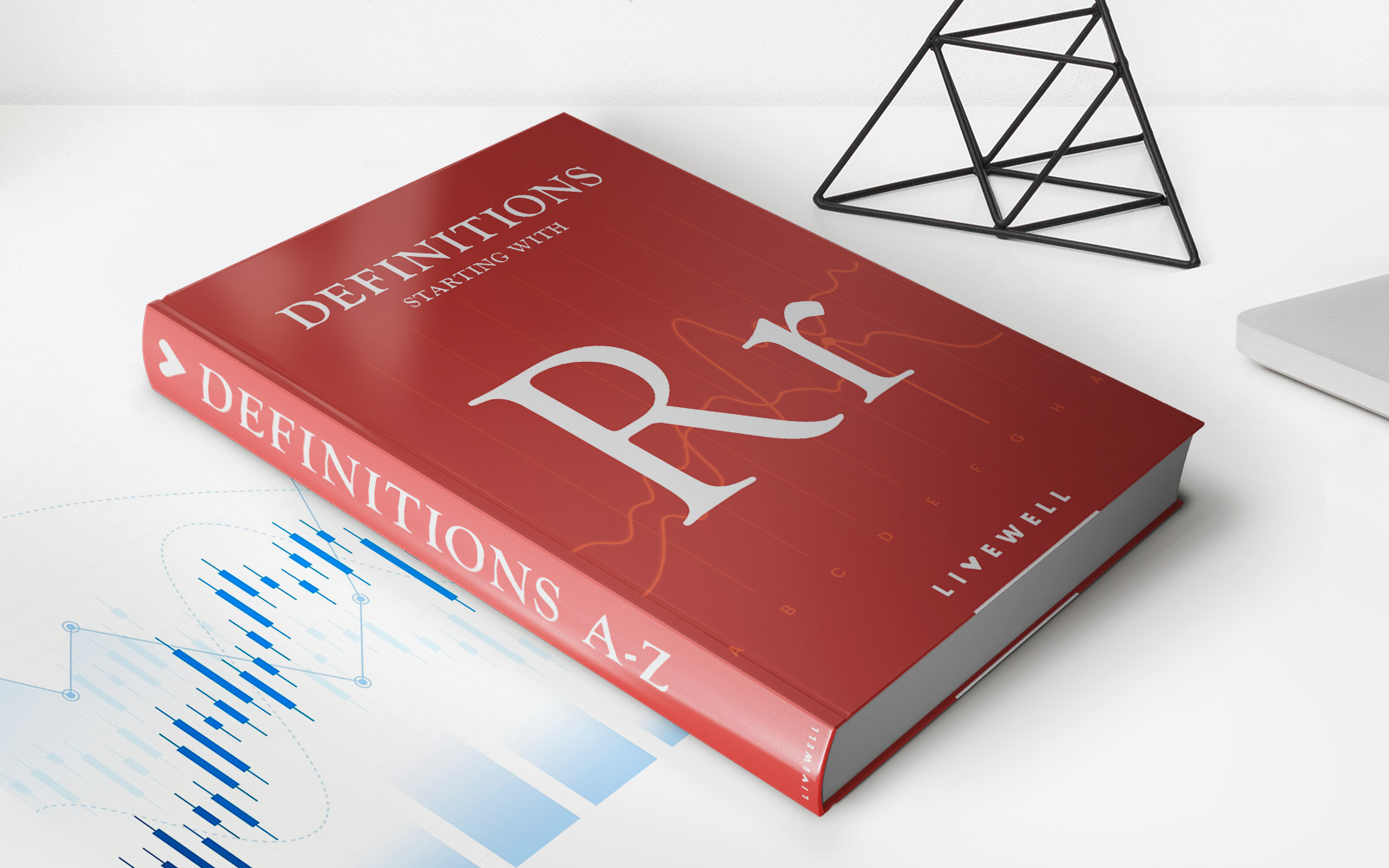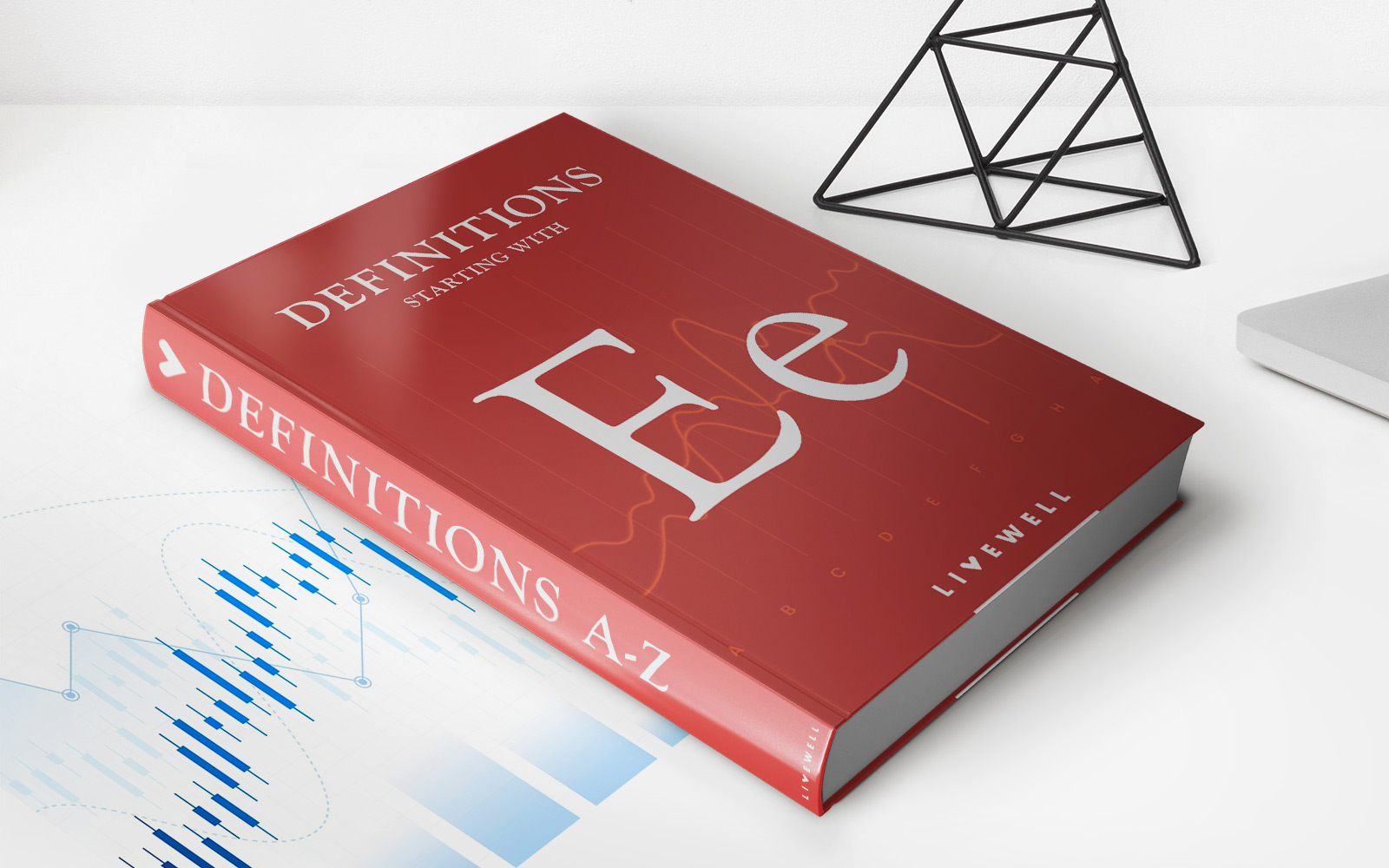Home>Finance>What Is A Reserve Fund? Definition, Purpose, And Example
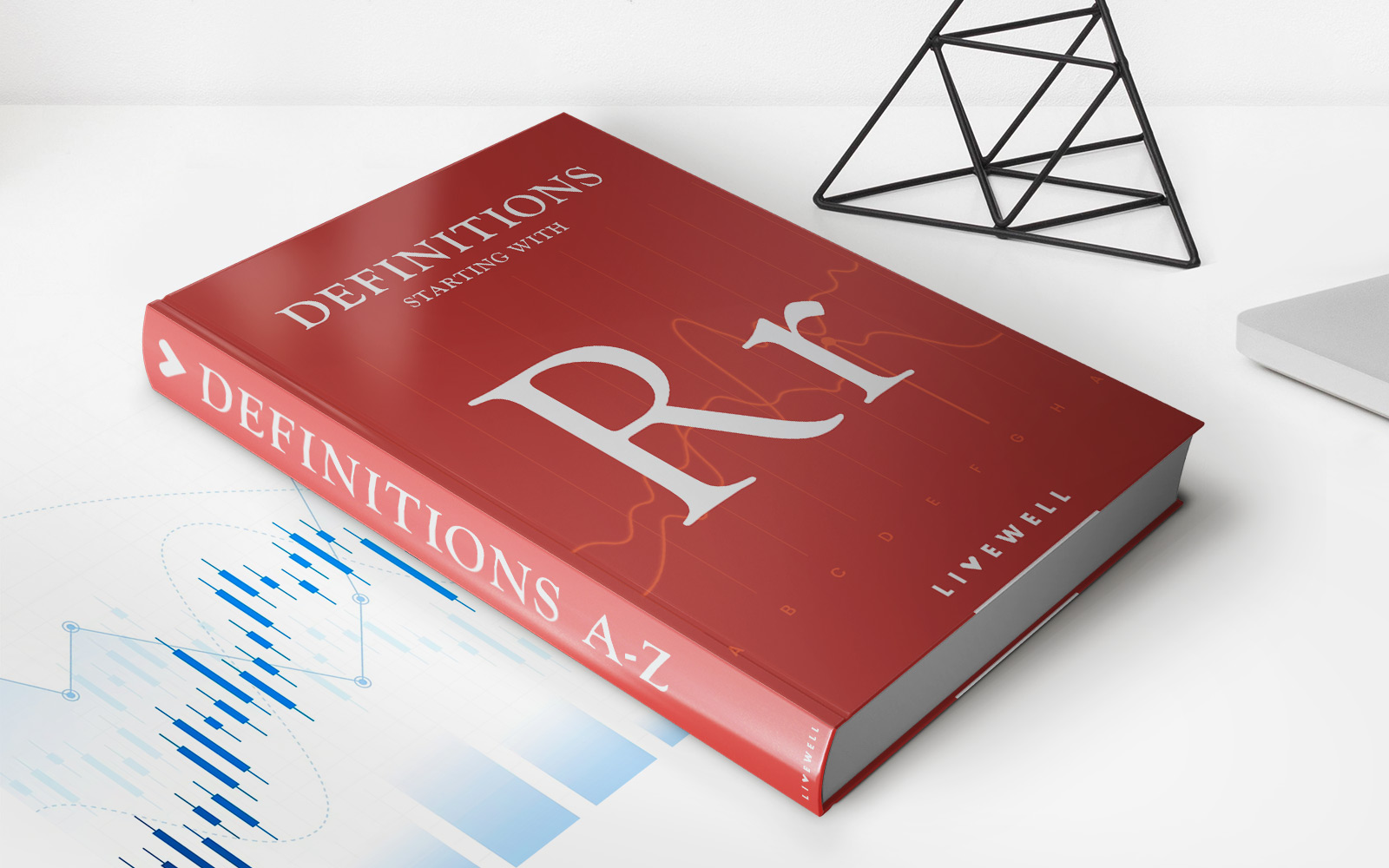

Finance
What Is A Reserve Fund? Definition, Purpose, And Example
Published: January 19, 2024
Learn about reserve funds in finance. Discover the definition, purpose, and example of reserve funds to ensure financial stability and mitigate risks.
(Many of the links in this article redirect to a specific reviewed product. Your purchase of these products through affiliate links helps to generate commission for LiveWell, at no extra cost. Learn more)
Understanding the Importance of a Reserve Fund in Finance
When it comes to managing finances, one concept that often comes up is a reserve fund. But what exactly is a reserve fund? In this blog post, we’ll define what a reserve fund is, discuss its purpose, and provide a real-life example to help you understand its significance in financial management.
Key Takeaways:
- A reserve fund is a designated amount of money set aside to cover future expenses or unexpected events.
- Its purpose is to provide financial security and stability by ensuring that there are funds available when needed.
Definition:
A reserve fund, also known as a contingency fund or rainy-day fund, is a pool of money that is set aside for specific purposes. These funds can be used to cover unexpected costs, emergencies, or planned expenses that may arise in the future.
Purpose:
The primary purpose of a reserve fund is to provide financial security and stability. By keeping a reserve fund, individuals, businesses, and organizations can ensure that they have funds readily available to handle unforeseen circumstances without resorting to borrowing or facing financial difficulties.
An Example:
Let’s consider the example of a homeowners association (HOA). HOAs are responsible for maintaining common areas, such as parks, swimming pools, and other shared amenities. To cover the cost of repairs or maintenance, HOAs typically collect monthly fees from homeowners. However, unexpected events like a severe storm damaging community property may require additional funds.
In this case, the HOA would dip into its reserve fund to cover the expenses. Having a reserve fund allows the HOA to address such situations without burdening the homeowners with a sudden increase in fees or a special assessment.
Another example is an individual setting up an emergency fund. By regularly contributing to a reserve fund, individuals can ensure they have money to cover unexpected medical expenses, car repairs, or temporary loss of income due to unforeseen circumstances like job loss.
Conclusion:
In conclusion, a reserve fund plays a crucial role in financial management. It provides a safety net for both businesses and individuals, ensuring financial stability and security in times of uncertainty. By allocating funds to a reserve fund, you can safeguard yourself against unexpected expenses and have peace of mind knowing that you are well-prepared for whatever the future may hold.

